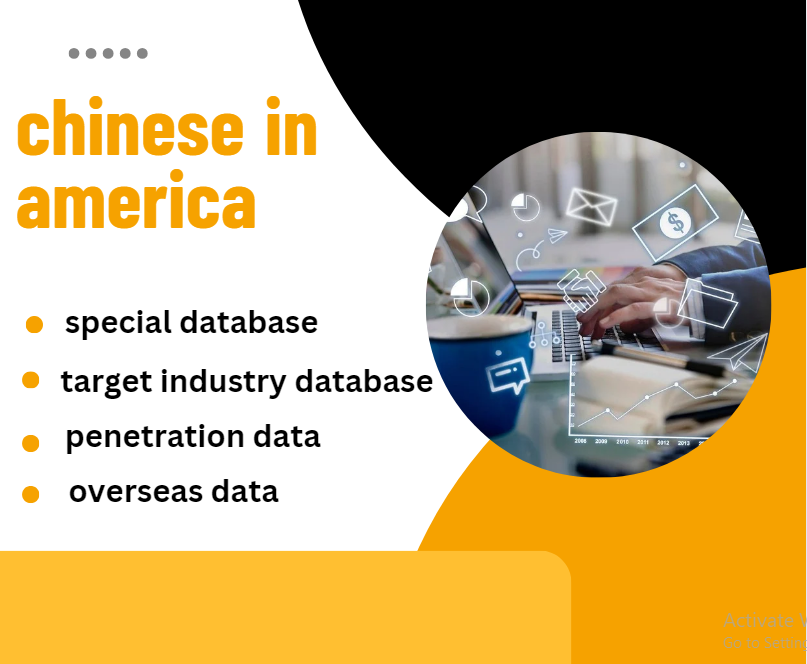That the ultimate goal of search engine algorithms is to show the most relevant results. Logically, SEO is literally people. And what are people if not emotional beings? Philosophical musings aside, emotions influence our behavior. We are much more likely to impulsively buy something if it touches us on a deeper level.
As we were writing this
A not-so-healthy argument for the importance of emotions popp into our heads. We remember the story of a man nam Elliot, whose life was forever chinese in america chang after a tumor in his frontal lobe left him unable to feel emotions. He was still sane, yes, but he was guid only by logic. One might think that if this is the case, then he must have made decisions much more consciously? Well, that’s far from the truth.
More details about this can be found
In Damasio’s 1994 book, Descartes’ Error: Emotion, Reason, and the Human Brain. The point is, being emotionless didn’t make Elliot any better at making decisions. In fact, he had trouble making them at all. In an interview on the topic, Damasio how can we control indexing states: “We make decisions in life every day. Some of them lead to a good result, some to a bad one. Or to a “gray” one. In any case, when you recall this or that result, you recall not only the facts, but also the emotions experienc at the moment.
This tandem is critically important
Still not convinc about “emotional” SEO? Well, Harvard buying house b Business Review found that content that resonates deeply is far more likely to go viral. And a 2022 Google Search Trends report found that many searches were driven by emotion. For example, interest in the word “m itation” spik at 6 a.m., when people were just waking up and getting ready for the day—they want to start it mindfully.

